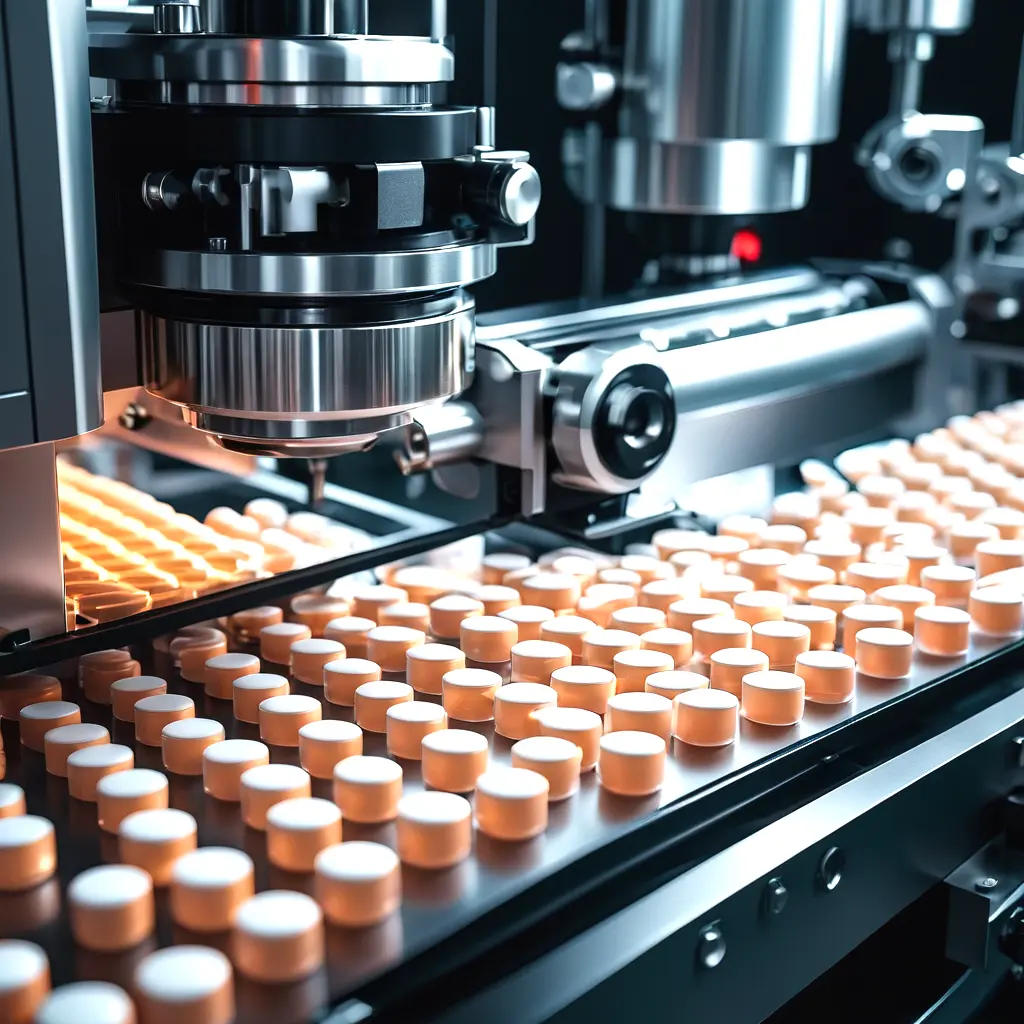*Statins - the Dangers of Inhibiting Cholesterol
Published by Campbell M Gold in Allopathic · Thursday 07 Mar 2024 · 6:45
Tags: Statins, Dangers, Inhibiting, Cholesterol, Risks, Health, Controversial, Item
Tags: Statins, Dangers, Inhibiting, Cholesterol, Risks, Health, Controversial, Item

Statins and the dangers of inhibiting cholesterol.
This material, filled with sensitive and controversial content, is presented here not to influence your opinions but to ignite your academic curiosity. The information and interpretations herein do not reflect any opinion of this editor or our clients. Instead, they invite you to delve into a contentious but crucial re-evaluation.
There is a concerning body of evidence to suggest that individuals taking statins may be at a heightened risk of developing heart disease. Are the dangers worth the benefits? Consider the following...
Cholesterol is a critical component for the structure of every cell membrane in our bodies, serving as a waterproof barrier. Without sufficient cholesterol, our cells couldn't maintain the necessary biochemistry inside and outside. When our cholesterol levels are low, our bodies try to redistribute it from one area to another to compensate.
Moreover, cholesterol is essential for repairing the body, so scar tissue contains high levels. It plays a significant role in various biochemical processes, including mineral metabolism and the digestion of fats. Inadequate cholesterol levels can lead to challenges in digesting fats.
Additionally, cholesterol is crucial for our neurological system, particularly in memory formation and hormone uptake in the brain. It is the predominant organic molecule in the brain, comprising over half of the dry weight of the cerebral cortex.
Notably, cholesterol is indispensable for producing hormones in the adrenal cortex. Low cholesterol levels can result in blood sugar problems, oedema, chronic inflammation, mineral deficiencies, allergies, asthma, slow healing, infertility, reduced libido, and other reproductive issues.
Cholesterol plays a crucial role in cell membranes and hormone production and is a powerful antioxidant. This property helps to protect our cells from damage, which in turn can reduce the risk of cancer and slow down the effects of ageing.
Statin Potential Harm
Statin drugs are commonly prescribed to lower cholesterol levels, but they can have concerning consequences. While they effectively inhibit cholesterol production, many people experience unpleasant side effects. There is growing awareness and concern about the potential harm these drugs can cause to the body.
Muscle Pain and Weakness
Statin drugs often lead to a range of side effects, with muscle pain and weakness being the most common. Patients may experience various forms of weakness, including muscle pain, extreme fatigue, slurred speech, balance issues, and severe tiredness.
Some may also struggle with restless sleep patterns accompanied by arm twitching and flailing. Additionally, individuals may notice a decline in motor skills, making tasks such as writing difficult and illegible.
Others may experience cognitive decline, leading to memory loss and coordination issues.
Yet others develop severe calf pains and temporary memory loss. Heel pain and sore feet are also common complaints.
Polyneuropathy
Over time, individuals who use statin drugs may be susceptible to experiencing neurological issues. These may manifest as weakness, tingling, and pain in the hands and feet, potentially progressing to difficulties with walking.
The nerve damage induced by statin drugs can be particularly concerning, as it is often permanent. Even if a patient discontinues the use of these drugs, they may still be left with irreversible nerve damage.
Heart Failure
In recent years, there has been a concerning rise in the occurrence of heart failure in the United States, almost reaching epidemic levels. A contributing factor may be the introduction of statin drugs to the market in 1987.
Shockingly, from 1989 to 1997, deaths related to heart failure more than doubled, leading cardiologists to suspect a significant correlation with the use of statin drugs. The trend appears to have continued to the present time.
It's been discovered that statin drugs have the potential to weaken muscles, including the heart, which is essentially a muscle. Cardiologists have uncovered abnormalities in the heart's filling phase, where the muscle is meant to fill with blood. This has been directly linked to the effect of statins, which deplete Coenzyme Q10 (Co-Q10), a vital nutrient that supports overall muscle function. The depletion of Co-Q10 inhibits a cell's ability to produce energy, resulting in muscle pain and weakness.
In the heart, this depletion leads to a decline in the left ventricular function and causes significant biochemical imbalances. Clinical trials have revealed that two-thirds of patients on statin drugs experienced this danger firsthand.
Dizziness
Several research studies have revealed that statin medications frequently cause dizziness by reducing blood pressure.
This effect is especially troublesome for older individuals, who are more susceptible to these side effects.
Cognitive Impairment or Memory Loss
Research has indicated that the use of statin drugs can lead to memory loss and speech impairment. In studies, individuals taking statins exhibited reduced psychomotor skills compared to non-users and encountered challenges in solving complex mazes and memory tests. Some patients undergoing statin treatment have reported instances of temporary global amnesia or even complete memory loss.
Affected individuals often find it difficult to recall their names or the names of their loved ones. They may also struggle to navigate back home and experience challenges remembering the purpose of their intended destination.
These memory lapses manifest suddenly and unexpectedly, yet they can vanish just as abruptly.
Some patients even develop an abnormal way of thinking.
Cancer
Statin drugs have been found to suppress the immune system, potentially leading to an increased risk of cancer and infectious diseases.
Research conducted with rats has shown a correlation between statin use and the development of cancer. However, extensive studies involving human subjects have not yet been carried out.
One trial suggested a 1500% increase in breast cancer rates among women taking statins, while another study found a higher incidence of non-melanoma skin cancer in patients using statin drugs compared to those who were not.
Pancreatic Rot
Patients initiating statin therapy may experience intense abdominal pain during the initial weeks of treatment. These individuals may be at an elevated risk of developing acute pancreatitis, a condition characterised by symptoms like diarrhoea and septic shock, often necessitating prolonged hospital stays.
Furthermore, individuals with low levels of cholesterol, particularly women, may be more susceptible to experiencing depression and anxiety attacks.
Conversely, men may exhibit varying responses to reduced cholesterol levels caused by statin use, including increased rates of suicide and violent death, as well as significant mood swings and disruptions.
Depression
Research has shown that individuals with low cholesterol levels may be at a higher risk of experiencing depression, especially women, who are twice as likely to suffer from it. Additionally, individuals with low cholesterol levels may also be more susceptible to anxiety attacks.
For men, lowering cholesterol levels due to statins may lead to slightly different reactions, as they have shown higher rates of suicide and violent death compared to those with normal cholesterol levels.
Furthermore, men with low cholesterol levels have been observed to experience significant mood swings and disturbances.
Are the dangers worth the benefits?
In the past, many medical professionals thought that the benefits of statin drugs surpassed the potential adverse side effects and risks for patients. However, this perspective has become a topic of debate.
Recent research suggests that there is minimal difference between the outcomes of patients using statins and those using placebos. There is evidence to indicate that individuals taking statins may be at a heightened risk of developing heart disease.
Important: Allopathy completely rejects this  post and all its implications - but please remember that in 1957, Allopathy completely accepted and even hailed
post and all its implications - but please remember that in 1957, Allopathy completely accepted and even hailed  Thalidomide as the "miracle drug of the century" - please surf further, examine all the evidence, and see what you think…
Thalidomide as the "miracle drug of the century" - please surf further, examine all the evidence, and see what you think…
Source: statindrugdangers.com
Source: Archives
There are no reviews yet.


